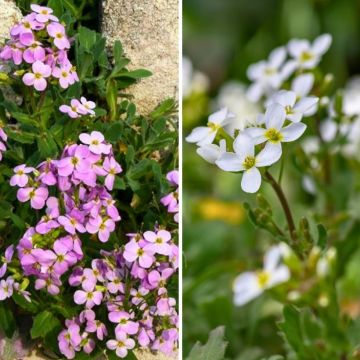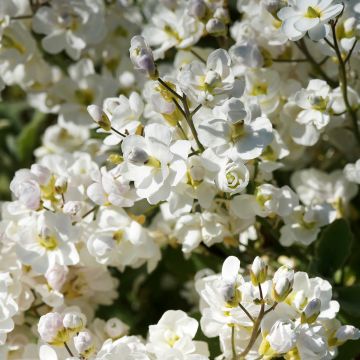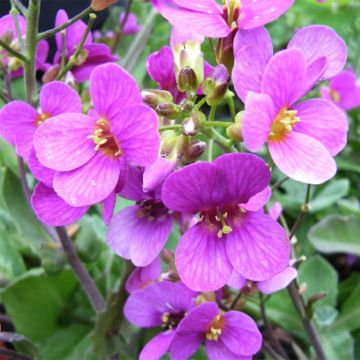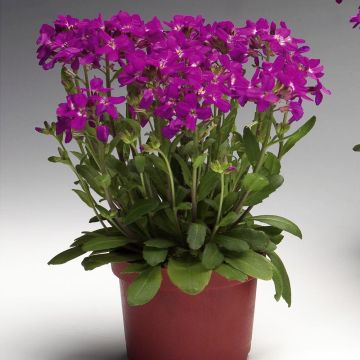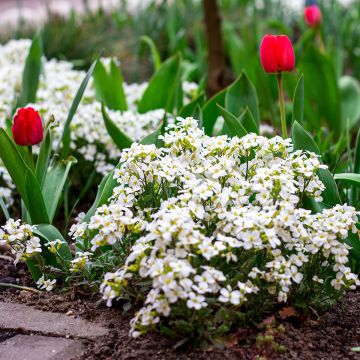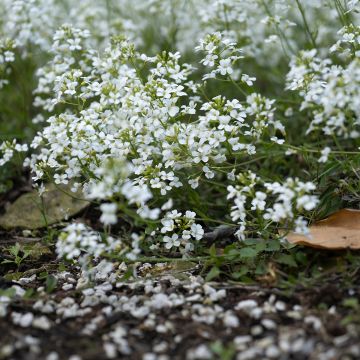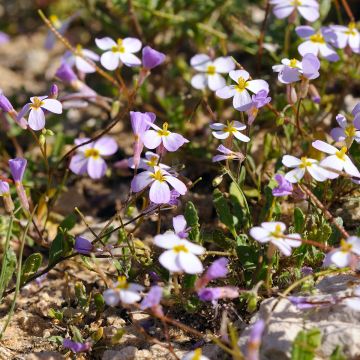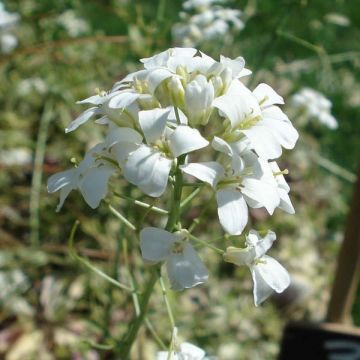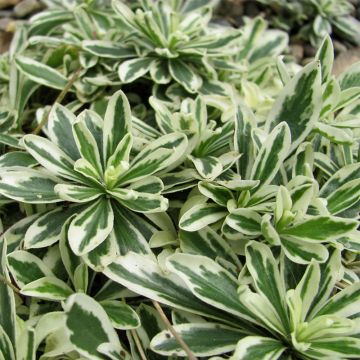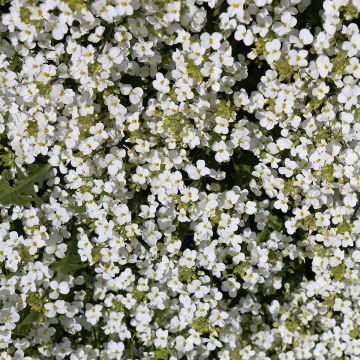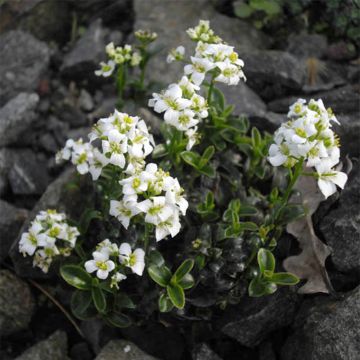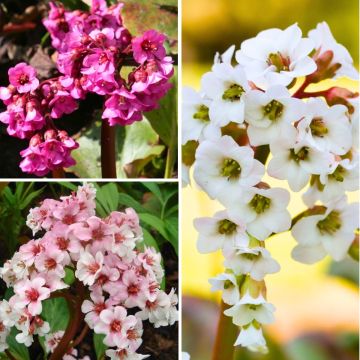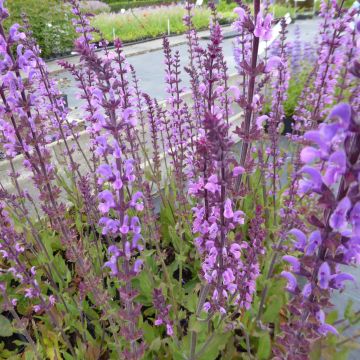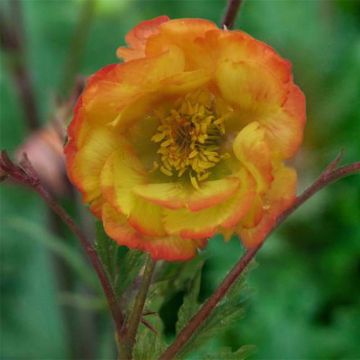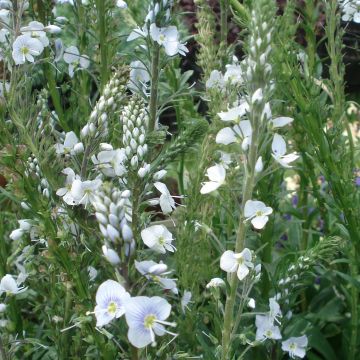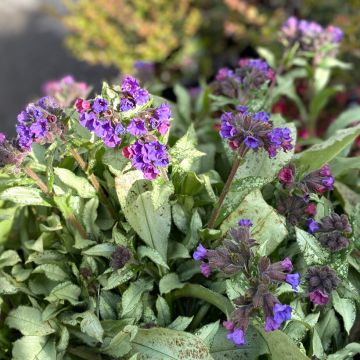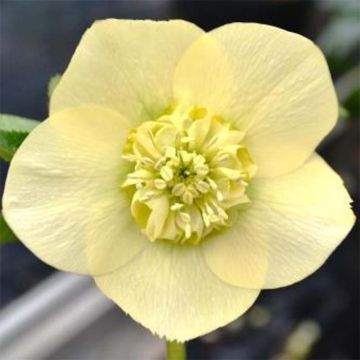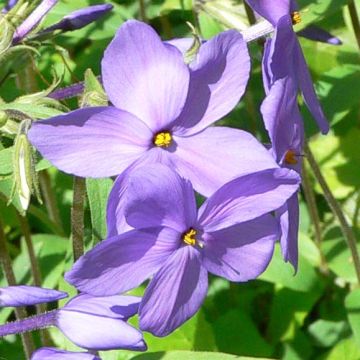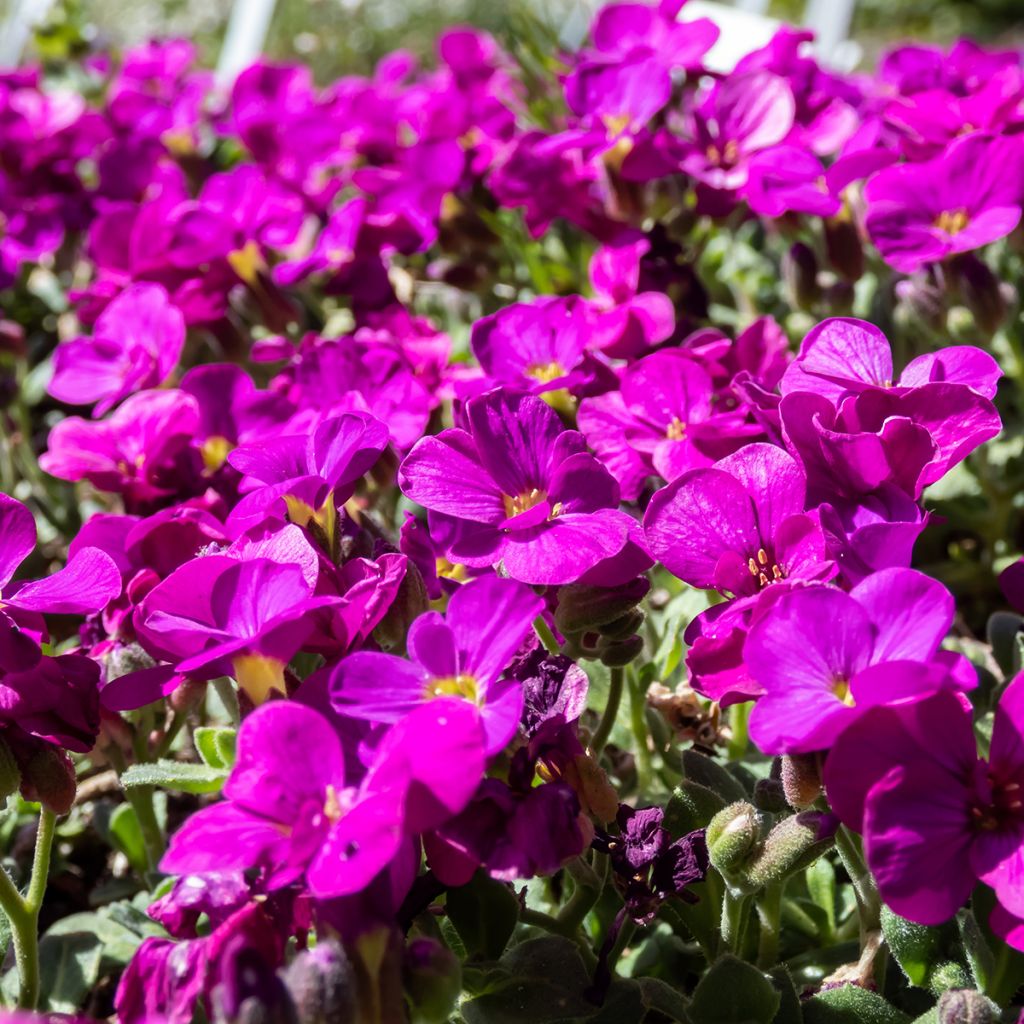

Arabis alpina subsp. caucasica Lotti Deep Rose
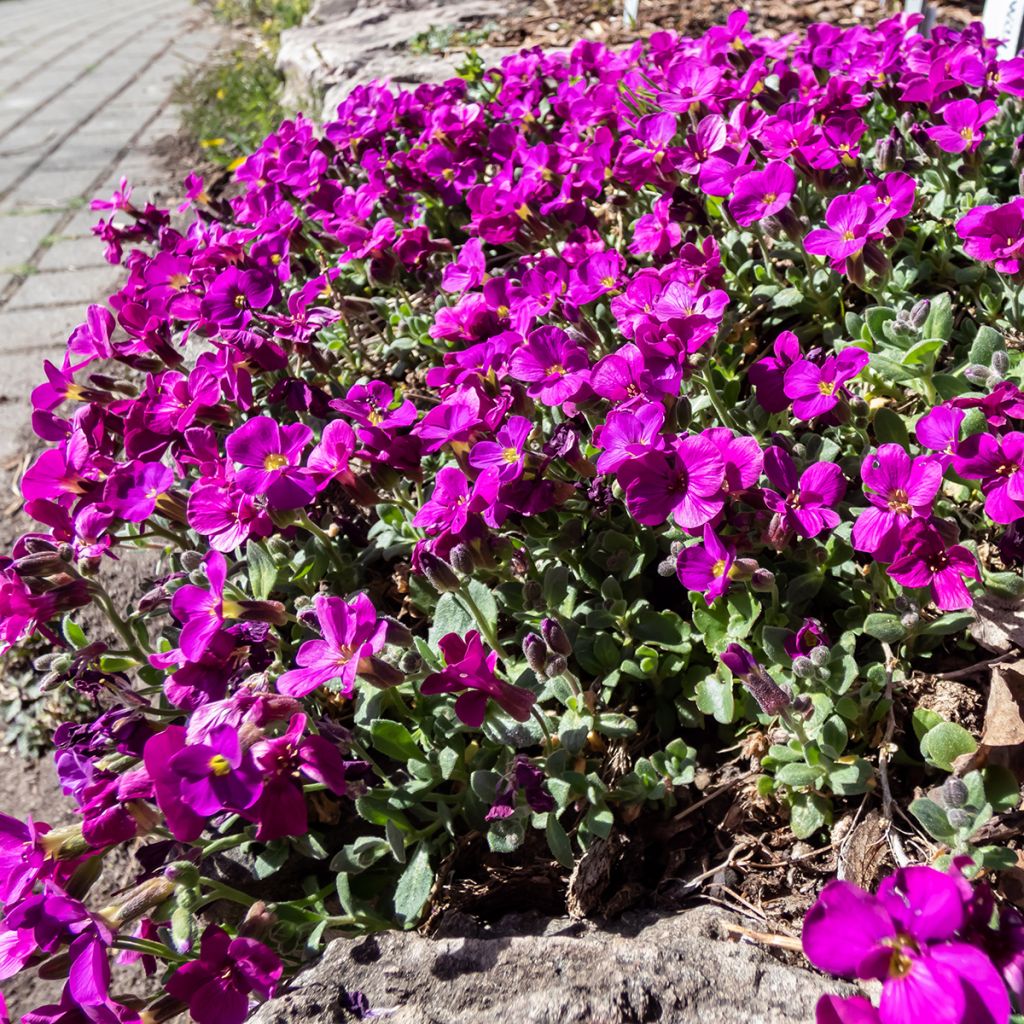

Arabis alpina subsp. caucasica Lotti Deep Rose
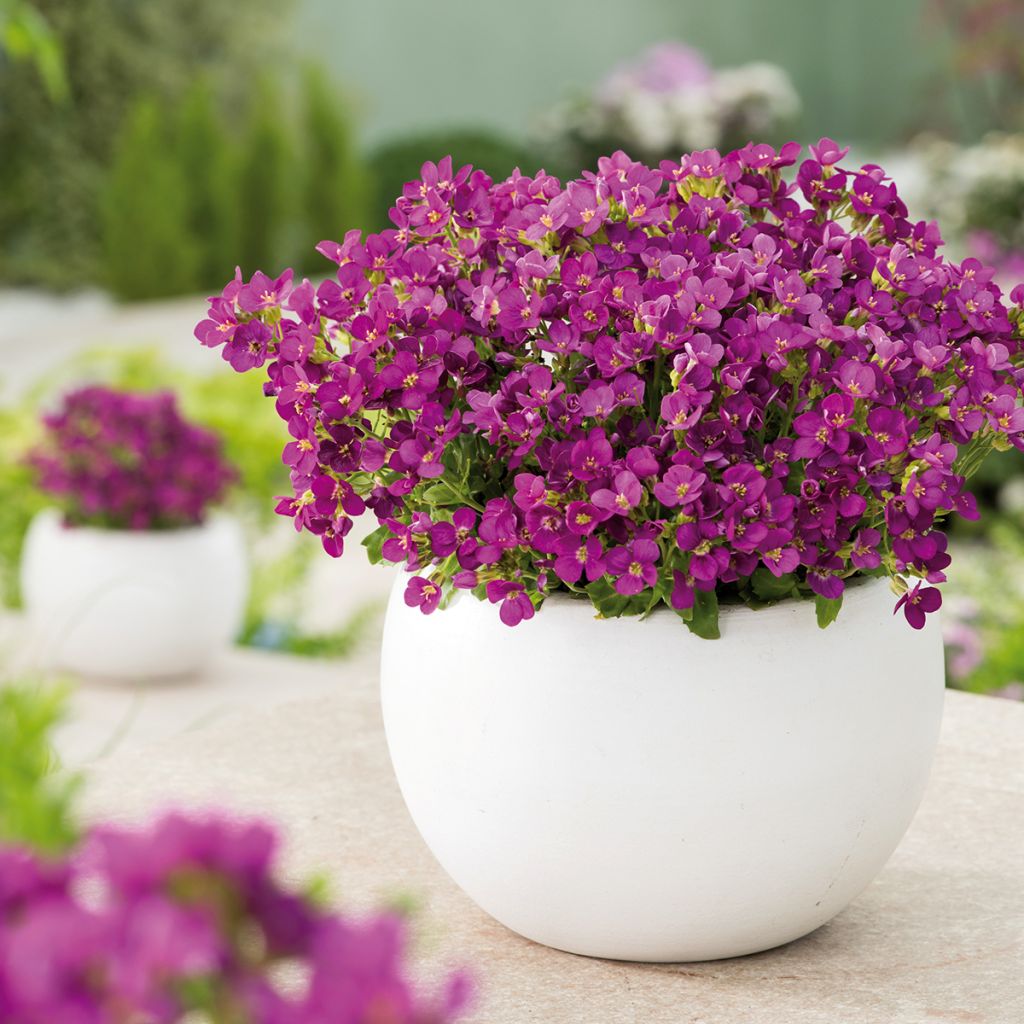

Arabis alpina subsp. caucasica Lotti Deep Rose
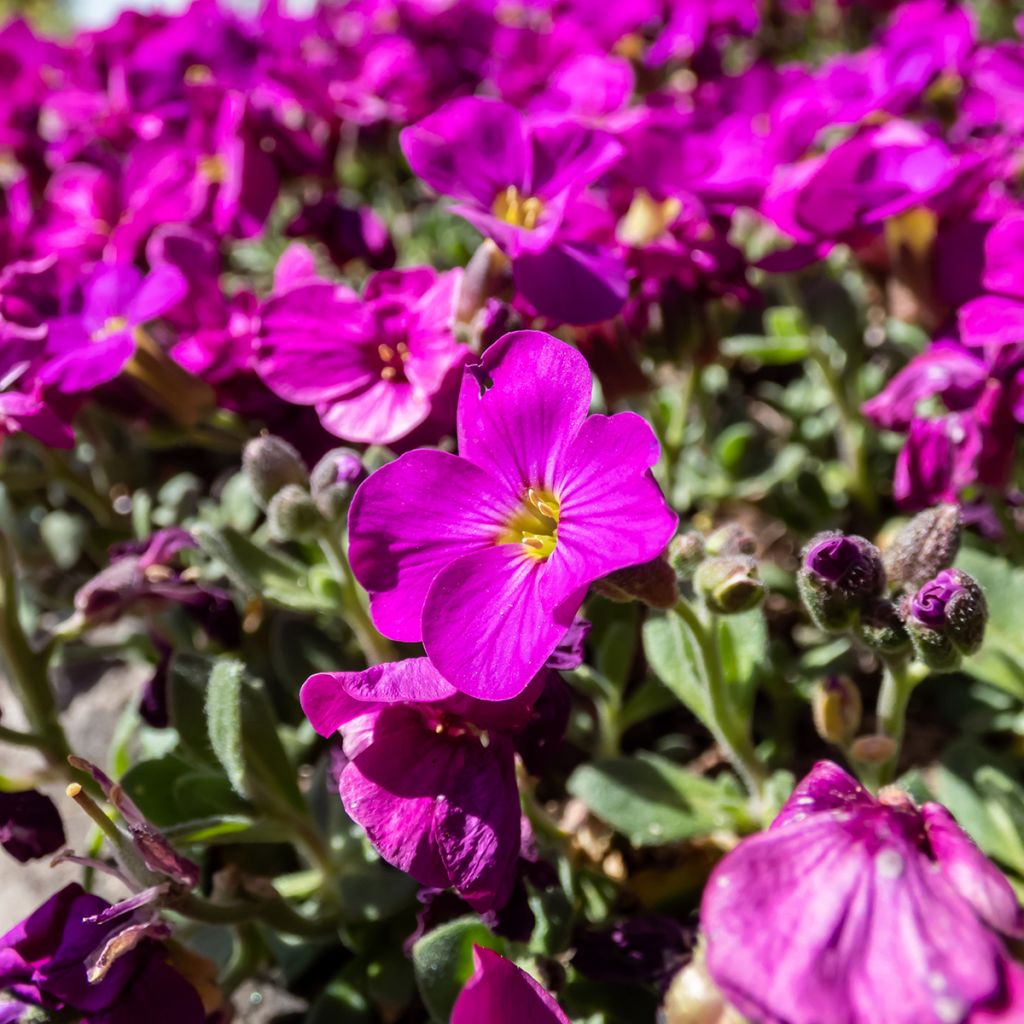

Arabis alpina subsp. caucasica Lotti Deep Rose
Arabis alpina subsp. caucasica Lotti Deep Rose
Arabis caucasica Aubris Deep Rose
Mountain Rock Cress, Alpine Rock Cress, Alpine Rockcress, Caucasus Rockcress, Wall Rock Cress
The plug plants arrived in very poor condition... I planted them immediately but I'm not sure if they will take.
Mireille, 07/11/2024
Special offer!
Receive a €20 voucher for any order over €90 (excluding delivery costs, credit notes, and plastic-free options)!
1- Add your favorite plants to your cart.
2- Once you have reached €90, confirm your order (you can even choose the delivery date!).
3- As soon as your order is shipped, you will receive an email containing your voucher code, valid for 3 months (90 days).
Your voucher is unique and can only be used once, for any order with a minimum value of €20, excluding delivery costs.
Can be combined with other current offers, non-divisible and non-refundable.
Why not try an alternative variety in stock?
View all →This plant carries a 12 months recovery warranty
More information
We guarantee the quality of our plants for a full growing cycle, and will replace at our expense any plant that fails to recover under normal climatic and planting conditions.
Would this plant suit my garden?
Set up your Plantfit profile →
Description
Arabis caucasica 'Aubris Deep Rose' is a horticultural selection of the Caucasus rockcress, characterised by a regular cushion habit and particularly abundant early flowering. This small perennial, also known as basket-of-gold, is covered in spring with a very bright and slightly fragrant magenta pink flowering. In winter, the plant remains attractive with its tiny evergreen dark green foliage. Plant it in rock gardens, borders, above a wall, or even in your planters.
Arabis alpina subsp. caucasica belongs to the Brassicaceae family. This species is native from the eastern Mediterranean to the Caucasus. In nature, it is found at high altitudes on rocky slopes. 'Aubris Deep Rose' is a recent horticultural cultivar. This perennial is slightly spreading and spreads through rhizomes, its growth is quite slow. It forms a dense cushion measuring 15 cm (6in) in height, with a minimum spread of 30 cm (12in), or even more. Flowering takes place between early April and June, depending on the climate. Its dark pink, fragrant flowers, measuring 1 cm (1in) in diameter, have four petals and are grouped in clusters. They bloom above the slightly greyish green foliage. The leaves form rosettes, they are obovate, undulate, dentate, and measure about 3 cm (1in) in length.
The rockcresses thrive in full sun or partial shade, in well-drained soil, even rocky or gravelly, acidic, neutral, or slightly alkaline. As rock garden plants par excellence, these robust rockcresses also make excellent ground covers in borders, in flowery paving, as a crown for a wall, on a slope, etc. Delightful, as if "draped" on walls, Arabis caucasica 'Aubris Deep Rose' is also perfect for carpeting the base of shrubs or hedges. Its compact habit is ideal for planters and flower pots. In a mineral setting, you can pair it with aubrietas, sweet alyssums, and basket-of-golds.
Note: Please be aware that our plug plants are professional products reserved for experienced gardeners: upon receipt, transplant them as soon as possible, in pots, planters, or directly in borders.
Report an error about the product description
Arabis alpina subsp. caucasica Lotti Deep Rose in pictures


Flowering
Foliage
Plant habit
Botanical data
Arabis
caucasica
Aubris Deep Rose
Brassicaceae
Mountain Rock Cress, Alpine Rock Cress, Alpine Rockcress, Caucasus Rockcress, Wall Rock Cress
Cultivar or hybrid
Other Arabis
View all →Planting and care
Rockcress thrives in well-drained soil, whether rocky or gravelly, acidic, neutral, or slightly chalky. You can plant them from spring to autumn, but water them regularly to help them grow. To prevent any problems, ensure neighbouring plants and weeds don't crowd them during planting. Although they are very robust, they grow slowly. After they flower, use shears to prune them to encourage denser growth.
Planting period
Intended location
Care
-
, onOrder confirmed
Reply from on Promesse de fleurs
Similar products
Haven't found what you were looking for?
Hardiness is the lowest winter temperature a plant can endure without suffering serious damage or even dying. However, hardiness is affected by location (a sheltered area, such as a patio), protection (winter cover) and soil type (hardiness is improved by well-drained soil).

Photo Sharing Terms & Conditions
In order to encourage gardeners to interact and share their experiences, Promesse de fleurs offers various media enabling content to be uploaded onto its Site - in particular via the ‘Photo sharing’ module.
The User agrees to refrain from:
- Posting any content that is illegal, prejudicial, insulting, racist, inciteful to hatred, revisionist, contrary to public decency, that infringes on privacy or on the privacy rights of third parties, in particular the publicity rights of persons and goods, intellectual property rights, or the right to privacy.
- Submitting content on behalf of a third party;
- Impersonate the identity of a third party and/or publish any personal information about a third party;
In general, the User undertakes to refrain from any unethical behaviour.
All Content (in particular text, comments, files, images, photos, videos, creative works, etc.), which may be subject to property or intellectual property rights, image or other private rights, shall remain the property of the User, subject to the limited rights granted by the terms of the licence granted by Promesse de fleurs as stated below. Users are at liberty to publish or not to publish such Content on the Site, notably via the ‘Photo Sharing’ facility, and accept that this Content shall be made public and freely accessible, notably on the Internet.
Users further acknowledge, undertake to have ,and guarantee that they hold all necessary rights and permissions to publish such material on the Site, in particular with regard to the legislation in force pertaining to any privacy, property, intellectual property, image, or contractual rights, or rights of any other nature. By publishing such Content on the Site, Users acknowledge accepting full liability as publishers of the Content within the meaning of the law, and grant Promesse de fleurs, free of charge, an inclusive, worldwide licence for the said Content for the entire duration of its publication, including all reproduction, representation, up/downloading, displaying, performing, transmission, and storage rights.
Users also grant permission for their name to be linked to the Content and accept that this link may not always be made available.
By engaging in posting material, Users consent to their Content becoming automatically accessible on the Internet, in particular on other sites and/or blogs and/or web pages of the Promesse de fleurs site, including in particular social pages and the Promesse de fleurs catalogue.
Users may secure the removal of entrusted content free of charge by issuing a simple request via our contact form.
The flowering period indicated on our website applies to countries and regions located in USDA zone 8 (France, the United Kingdom, Ireland, the Netherlands, etc.)
It will vary according to where you live:
- In zones 9 to 10 (Italy, Spain, Greece, etc.), flowering will occur about 2 to 4 weeks earlier.
- In zones 6 to 7 (Germany, Poland, Slovenia, and lower mountainous regions), flowering will be delayed by 2 to 3 weeks.
- In zone 5 (Central Europe, Scandinavia), blooming will be delayed by 3 to 5 weeks.
In temperate climates, pruning of spring-flowering shrubs (forsythia, spireas, etc.) should be done just after flowering.
Pruning of summer-flowering shrubs (Indian Lilac, Perovskia, etc.) can be done in winter or spring.
In cold regions as well as with frost-sensitive plants, avoid pruning too early when severe frosts may still occur.
The planting period indicated on our website applies to countries and regions located in USDA zone 8 (France, United Kingdom, Ireland, Netherlands).
It will vary according to where you live:
- In Mediterranean zones (Marseille, Madrid, Milan, etc.), autumn and winter are the best planting periods.
- In continental zones (Strasbourg, Munich, Vienna, etc.), delay planting by 2 to 3 weeks in spring and bring it forward by 2 to 4 weeks in autumn.
- In mountainous regions (the Alps, Pyrenees, Carpathians, etc.), it is best to plant in late spring (May-June) or late summer (August-September).
The harvesting period indicated on our website applies to countries and regions in USDA zone 8 (France, England, Ireland, the Netherlands).
In colder areas (Scandinavia, Poland, Austria...) fruit and vegetable harvests are likely to be delayed by 3-4 weeks.
In warmer areas (Italy, Spain, Greece, etc.), harvesting will probably take place earlier, depending on weather conditions.
The sowing periods indicated on our website apply to countries and regions within USDA Zone 8 (France, UK, Ireland, Netherlands).
In colder areas (Scandinavia, Poland, Austria...), delay any outdoor sowing by 3-4 weeks, or sow under glass.
In warmer climes (Italy, Spain, Greece, etc.), bring outdoor sowing forward by a few weeks.






























